 In Falkirk, we know that play really is the way for our young children. By providing lots of opportunities for free play in high quality environments and adopting a playful approach to teaching we inspire, and motivate, our children in their learning each and every day.
In Falkirk, we know that play really is the way for our young children. By providing lots of opportunities for free play in high quality environments and adopting a playful approach to teaching we inspire, and motivate, our children in their learning each and every day.
Sharing our rationale with families and helping them understand how we use play to support and challenge children to develop a wide range of skills and knowledge is an important part of our play is the way journey. This blog post from Maddiston Primary School’s P1 staff team shows how they recently helped their families understand how their team’s playful approaches to teaching and learning are supporting children’s early literacy development.
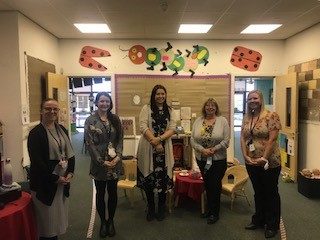
At Maddiston Primary School, we consider sharing the children’s learning with our families to be of utmost importance in supporting children’s holistic development. This is even more important given the current climate with Covid-19. Normally, at this point in the school year, we invite the families of our primary one pupils into school to be with the children in the class environment and to share an aspect of their learning in literacy. With current restrictions, this was not an option so the team decided to create a digital workshop to allow parents a sesne of what the children’s literacy learning looks like in primary one.
Play and playful learning is integral to our practice in P1, and it was important for us that this was the message communicated to parents. We wanted to show that, although there are teacher led targets and an order of progression, the children are encountering rich, foundational literacy experiences daily through the play environment. The team also wanted to emphasise the breadth of experiences we aim to offer in a variety of multisensory ways, so parents can then better understand how to support their children at home.
From the workshop, we have had really positive feedback from our families and have seen the benefits of sharing the learning in this way. Families report that they are able to sit and talk with their child about their learning. In comparison to the traditional approach of welcoming families into the setting, the team felt enabled to capture more of the children’s learning and explain to families the rationale behind a play pedagogy. Whilst we recognise that this could have been more explicit at some points in the digital workshop, we are confident that families can see what literacy learning looks like in P1 and that we are conveying the message that ‘Play is the Way’.
Click here to check out Maddiston Primary School’s brilliant P1 Literacy workshop for families.

To read more about promoting early literacy through play, Falkirk practitioners can check out the following materials on the Falkirk Early Learning Glow SharePoint pages by clicking on the links below:
- Foundations of Literacy self-guided training materials
- Play is the Way the Full Story: Section 4, An environment for play and child-initiated learning
- Play is the Way the Full Story: Section 6, Playful Teaching
Please share your own playful literacy practice on Twitter using #PlayisthewayFC and #PlayfulLiteracy. Don’t forget to tag @FCEYteam so we can celebrate and share your fabulous work.
If you are interested in writing a blog post for us to celebrate and share an aspect of the Play is the Way journey in your own setting please contact Fiona Pascall.
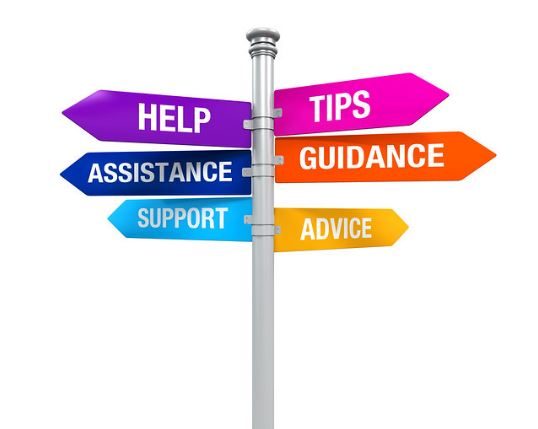

 Check out the second of our our blogs for anyone starting out with play pedagogy for the first time, from those who’ve been there before. This time advice from Frances McMahon who has recently joined the ELC cnetral team after teaching in P1.
Check out the second of our our blogs for anyone starting out with play pedagogy for the first time, from those who’ve been there before. This time advice from Frances McMahon who has recently joined the ELC cnetral team after teaching in P1.


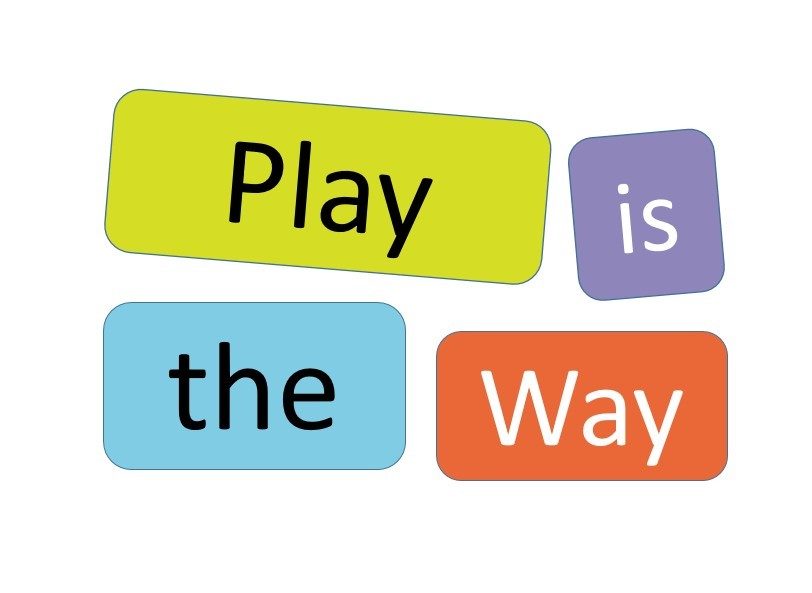

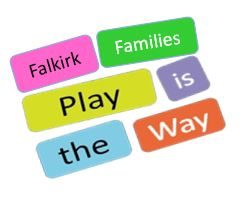 Our central team have also produced materials to support settings share the rationale behind Play is the Way with families and give examples of what this might look like in practice, particularly in P1 classrooms. These
Our central team have also produced materials to support settings share the rationale behind Play is the Way with families and give examples of what this might look like in practice, particularly in P1 classrooms. These  52 P1 and P2 teachers completed a short course with Professor Deirdre Grogan from Strathclyde University to help them embed high quality Play pedagogy in practice in their classrooms.
52 P1 and P2 teachers completed a short course with Professor Deirdre Grogan from Strathclyde University to help them embed high quality Play pedagogy in practice in their classrooms.



 The projects aimed to provide smoother pedagogical transitions for children as they move from one stage to the next whilst using high quality play and playful teaching to improve children’s outcomes in early literacy and maths.
The projects aimed to provide smoother pedagogical transitions for children as they move from one stage to the next whilst using high quality play and playful teaching to improve children’s outcomes in early literacy and maths. 99% evaluations returned stated that the project had met these aims. There was also a significant increase in practitioners’ confidence in the delivery of developmentally appropriate early literacy and maths learning experiences for young children. This
99% evaluations returned stated that the project had met these aims. There was also a significant increase in practitioners’ confidence in the delivery of developmentally appropriate early literacy and maths learning experiences for young children. This 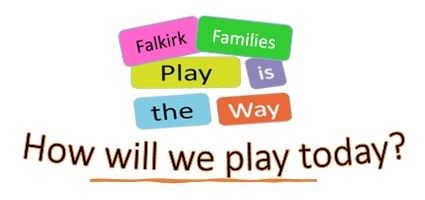


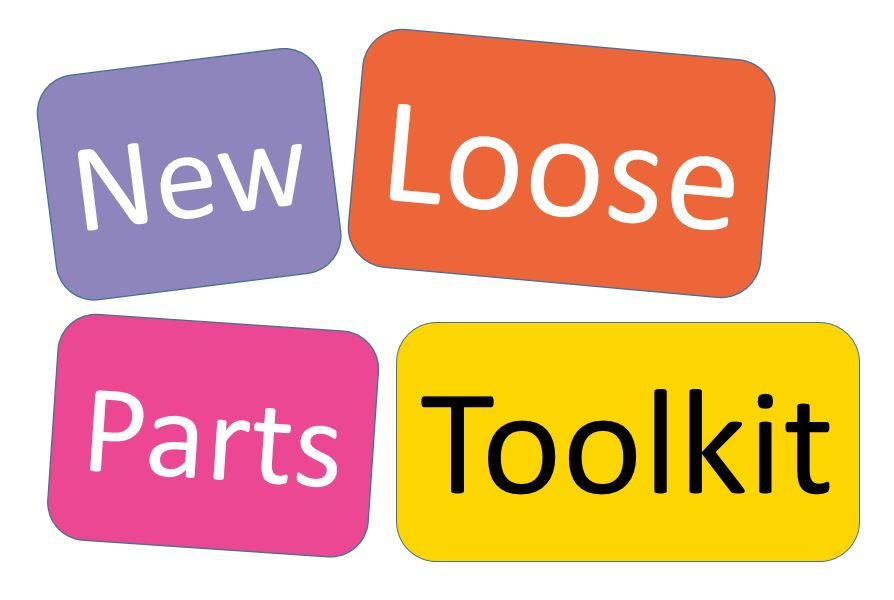
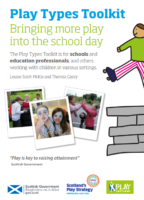 Play Scotland have created a new toolkit
Play Scotland have created a new toolkit
